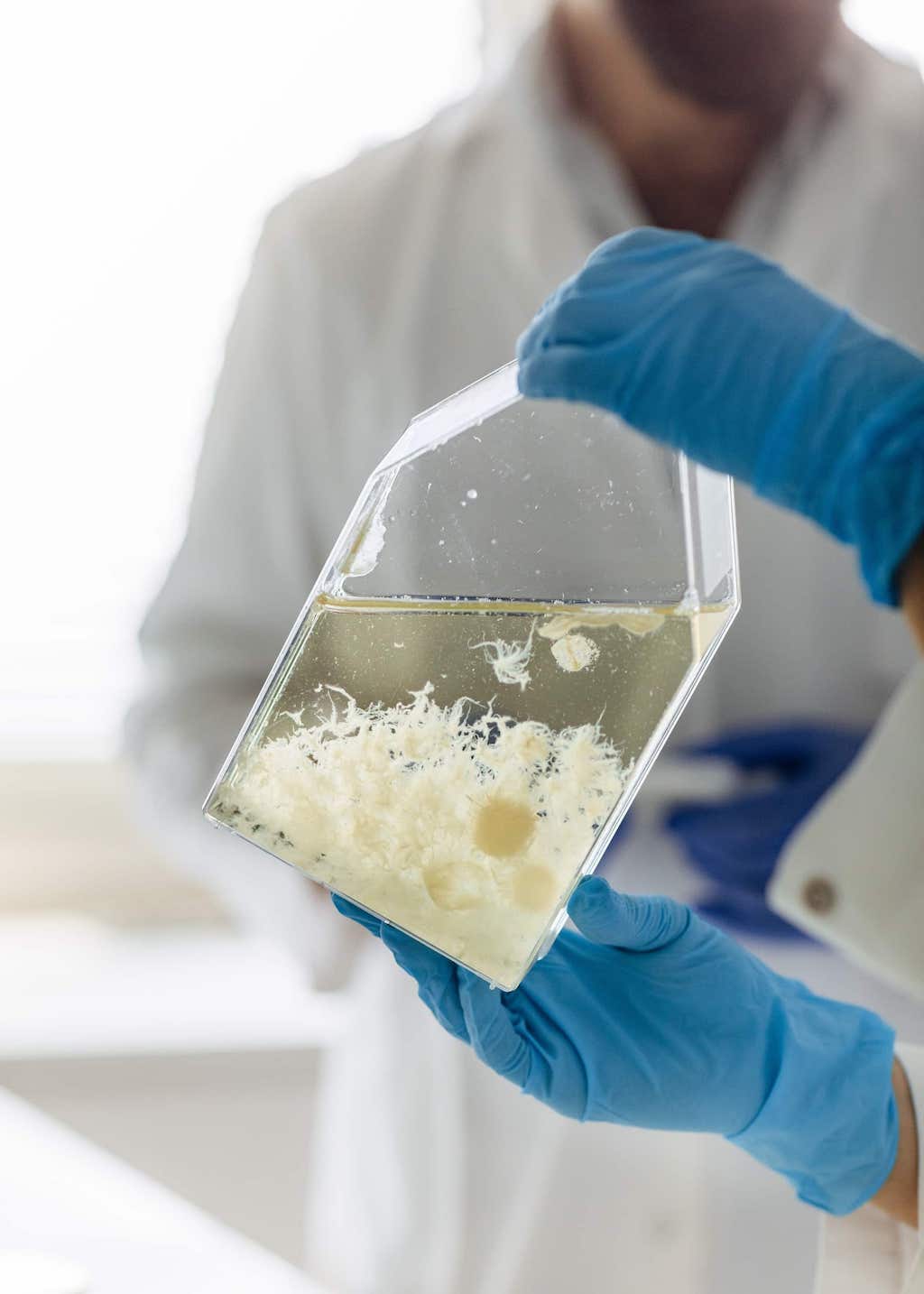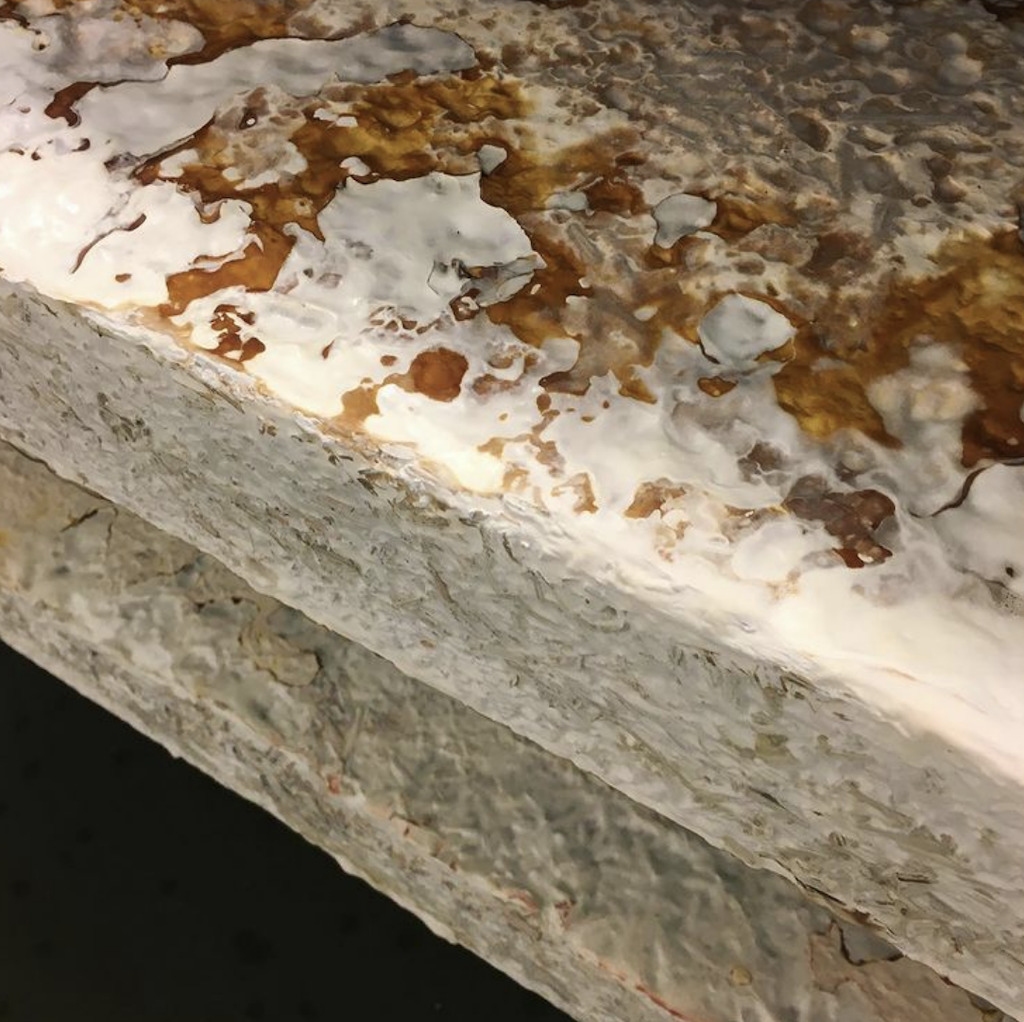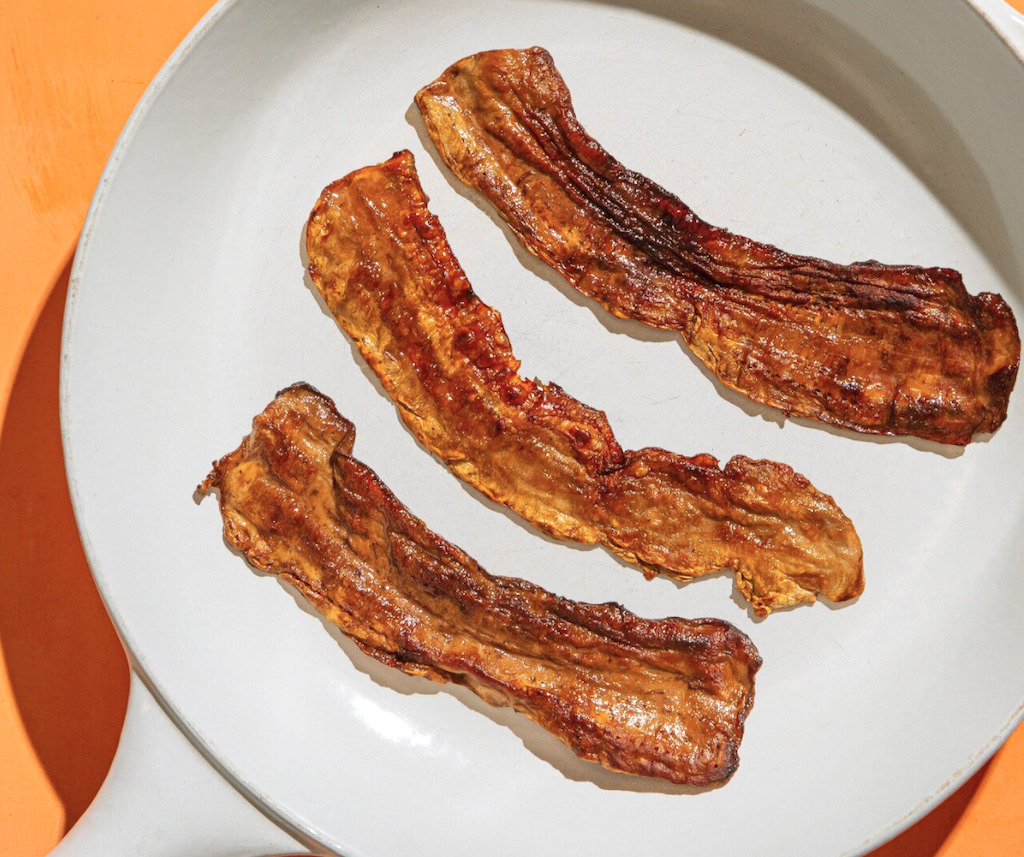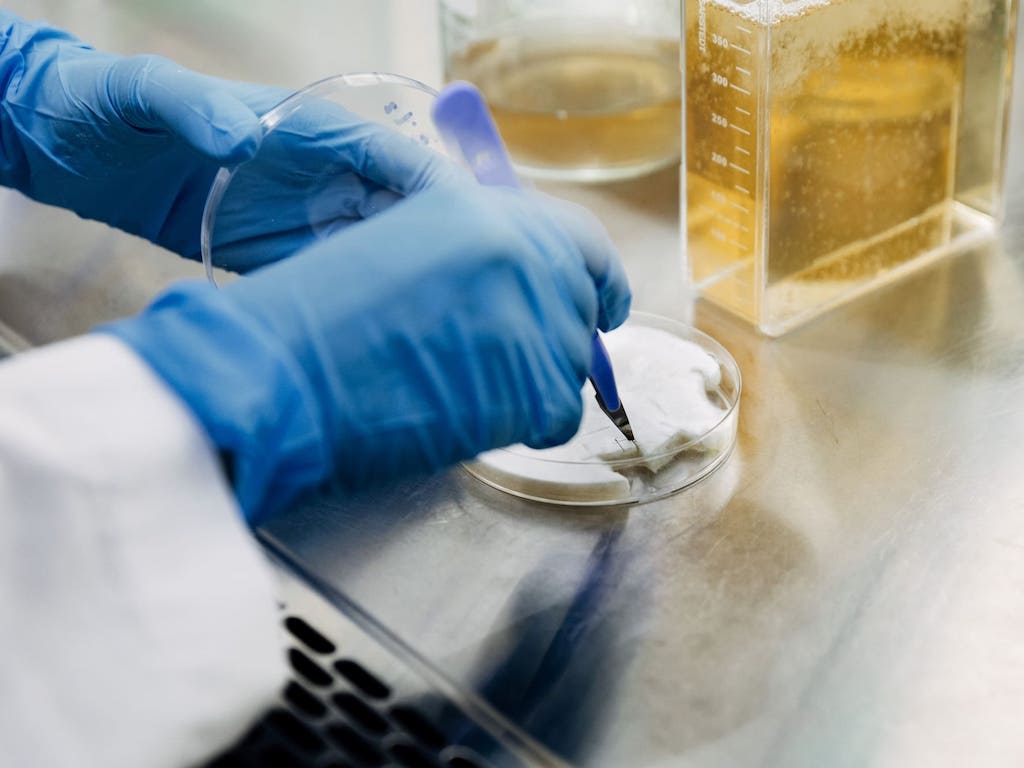3 Mins Read
NoMy has announced the closing of a seed funding round to accelerate its fungi-powered sustainable solutions. Based in Oslo, the Norwegian startup uses fungal mycelium to develop alternatives for everything from food to materials, such as alternative meat and bioplastics.
NoMy has raised an undisclosed amount of capital in its seed funding round, which attracted a number of Norwegian VCs including We Are Human, TRK, StartupLab Founders and Firda. The Oslo-based company says that the fresh funds will go towards its ongoing R&D on “future green materials”, as well as novel foods and alternative proteins made using mycelium.
Mycelium alternatives
Founded in 2020, NoMy leverages mycelium, the root-like filaments derived from mushrooms. The startup’s name, NoMy, is an abbreviation for Norwegian Mycelium, representing its offering of a locally sourced fungi solution that is produced sustainably and with minimal resources.

“Locally produced, using local resources, with no agricultural land, no chemicals,” says the company, the brainchild of Ingrid Dynna and David Andrew Quis. “And at a fraction of the ecological footprint.”
While Dynna comes from a tech background, with 15 years of experience at companies like Google and YouTube, Quis is a microbiologist and the man behind the award-winning organic Oslo restaurant Hrímnir.
Using fungal mycelium, NoMy wants to create a wide range of sustainable alternatives, such as biocomposites, novel proteins and alternatives to plastic. It plans to take a B2B approach for its go-to-market strategy.
“We strive to forge innovative partnerships that not only enhance our key technology developments, but create circular business solutions by leveraging underutilized biological and industrial resources.”

Growing cost-efficient and renewable alternatives
For NoMy, mycelium has enormous disruption potential across multiple industries because of its scalability and affordability.
In a blog post about the firm’s mission in the realm of alternative materials, co-founder Quis writes: “What if instead of fabricating these everyday materials from fossil fuels, we could make them from local, renewable resources? What if, instead of making them at all, we could grow them, at a competitive price and a fraction of the environmental footprint?”
“What if, in other words, our materials could replicate and regenerate nature, rather than exploiting and harming it?,” he continues. “In the face of products that contribute disproportionately to the planet’s problems, we’re working on a bold idea that will create truly circular and sustainable alternatives.”

As mycelium gains traction as a sustainable solution, there’s now a growing number of companies developing new fungi-powered products. In the realm of alternative proteins, players like Meati Foods, AtLast and Libre Foods are working on creating whole-cut animal-free meats like steak, bacon and jerky.
Material innovators such as MycoWorks and Bolt Threads, on the other hand, are creating vegan leather alternatives from mushrooms and have been backed by fashion brands like Lululemon, Adidas and Stella McCartney.
All images courtesy of NoMy, unless otherwise credited.



